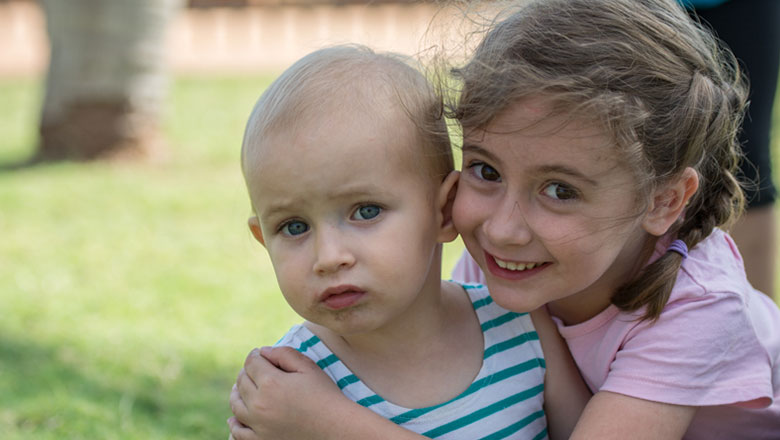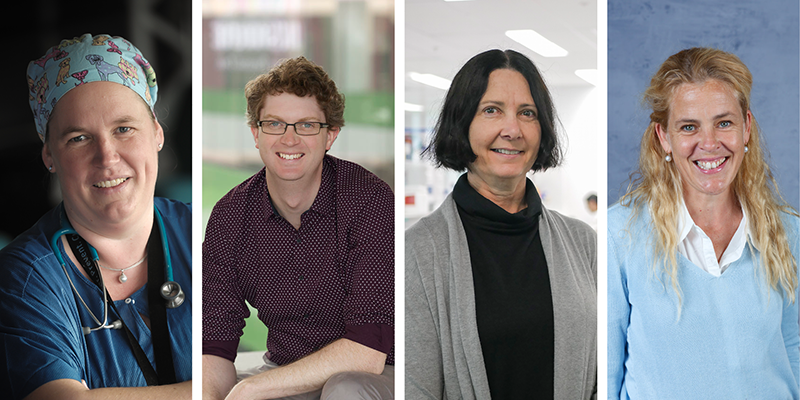Search

Clinical Professor Tobias Strunk, Dr Andrew Currie and their Neonatal Infection and Immunity Team have become the newest members of the Wesfarmers Centre of Vaccines and Infectious Diseases.
Otitis media is very common in Aboriginal children in Western Australia and chronic ear disease causes major problems in speech and language development and education. Up until recently, most programmes dealing with the problem of OM have focused on clinical interventions rather than prevention. The Enhanced Prevention Working Group was established as part of the WA Child Ear Health Strategy (2017–2021). The Group has worked collaboratively to develop a set of recommendations for prevention of OM in Aboriginal children.

Researchers have found kids who experience repeat ear infections in infancy have a much higher risk of ongoing problems with ear infections in later childhood

Consumers and community members are invited to join us to provide input into our childhood infectious diseases research.
Otitis media (OM) starts within weeks of birth in almost all Indigenous infants living in remote areas of the Northern Territory (NT).
Otitis media (OM) is a common disease in early childhood characterised by inflammation of the middle ear.
This study was the first to concurrently identify middle ear pathogens in both bacterial biofilm and intracellularly in the middle ear mucosa of children and to identify extensive DNA stranding in the MEF from children with AOM
As Head of Aboriginal Research Development at Telethon Kids, Glenn Pearson believes his work brings us closer to identifying the real and whole Australian story

Research projects sharing in a $2.1 million funding boost will seek to translate research findings into changes that benefit patients and help the health system run more efficiently.
The production of functional antipneumococcal antibodies in otitisprone children demonstrates that they respond to the current pneumococcal conjugate vaccine (PCV)and are likely to respond to pneumolysin-based vaccines as effectively as healthy children.
